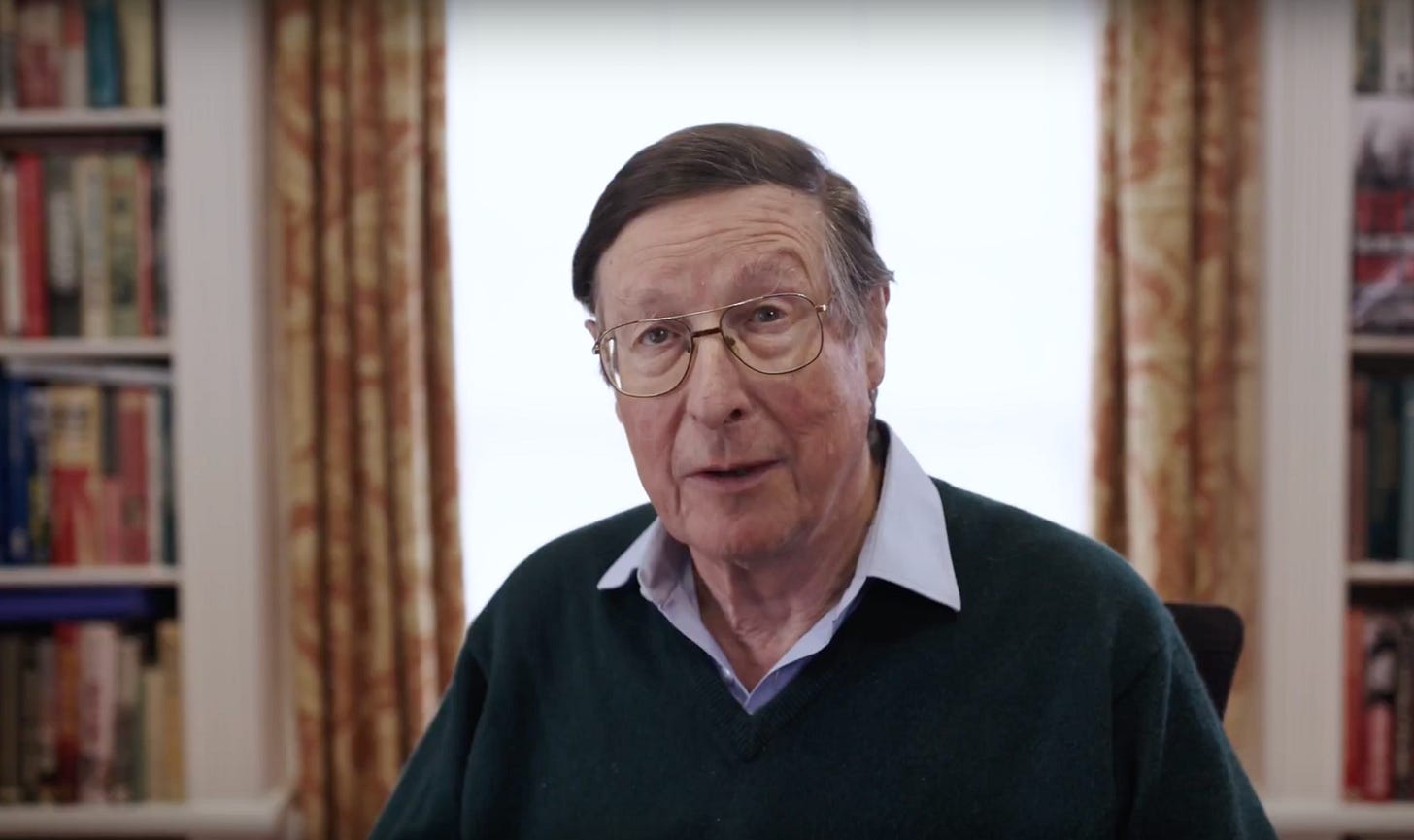Many of the English language’s greatest writers have made history, rather than fiction or poetry, their primary focus. Edward Gibbon and Thomas Babington Macaulay, for example, were masters of prose as well as insightful historians. Today, the heir to their title is Max Hastings, the prolific military historian whose latest book, Vietnam: An Epic Tragedy
Keep reading with a 7-day free trial
Subscribe to The Objective Standard to keep reading this post and get 7 days of free access to the full post archives.




